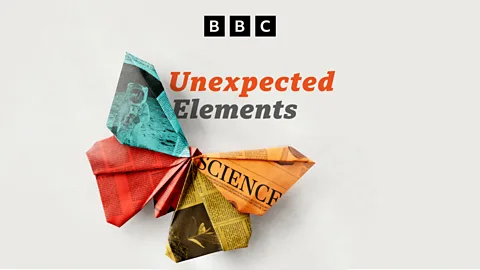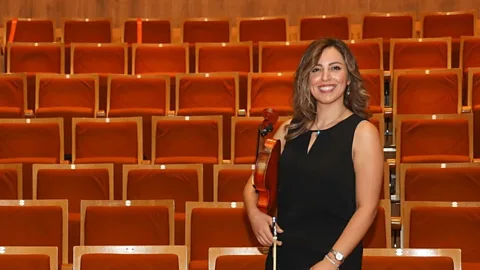

Up Next

15:00 - 15:06
BBC News
07/06/2025 15:01 GMT

15:06 - 15:30
BBC OS Conversations
How life is changing in Syria

15:30 - 15:32
BBC News Summary
07/06/2025 15:30 GMT

15:32 - 16:00
Tech Life
Data and me

16:00 - 16:06
BBC News
07/06/2025 16:01 GMT

16:06 - 16:30
From Our Own Correspondent
Ukraine's 'Operation Spider's Web'

16:30 - 16:32
BBC News Summary
07/06/2025 16:30 GMT

16:32 - 17:00
The Documentary
The riddle of Iranian cinema

17:00 - 17:06
BBC News
07/06/2025 17:01 GMT
This week, get ready for a whole loot box of gaming-related stories!
First up, we find out about a video game that could give people the power to battle misinformation.
We also hear how scientists are putting harbour seals in front of a computer monitor to decipher how they navigate under the water.
And Dr Brett Kagan from Cortical Labs s us down the line to tell us why he taught a clump of brain cells to play the 1970s arcade game Pong.
Along the way, we discover what happens when artificial intelligence tries to explain idioms, we learn about a tiny frog named after Bilbo Baggins and try to establish whether or not video games benefit your brain.
All that, plus many more Unexpected Elements.
Presenter: Marnie Chesterton, with Kai Kupferschmidt and Leonie Joubert
Producer: Alice Lipscombe-Southwell, with Margaret Sessa Hawkins, Imaan Moin and Minnie Harrop
